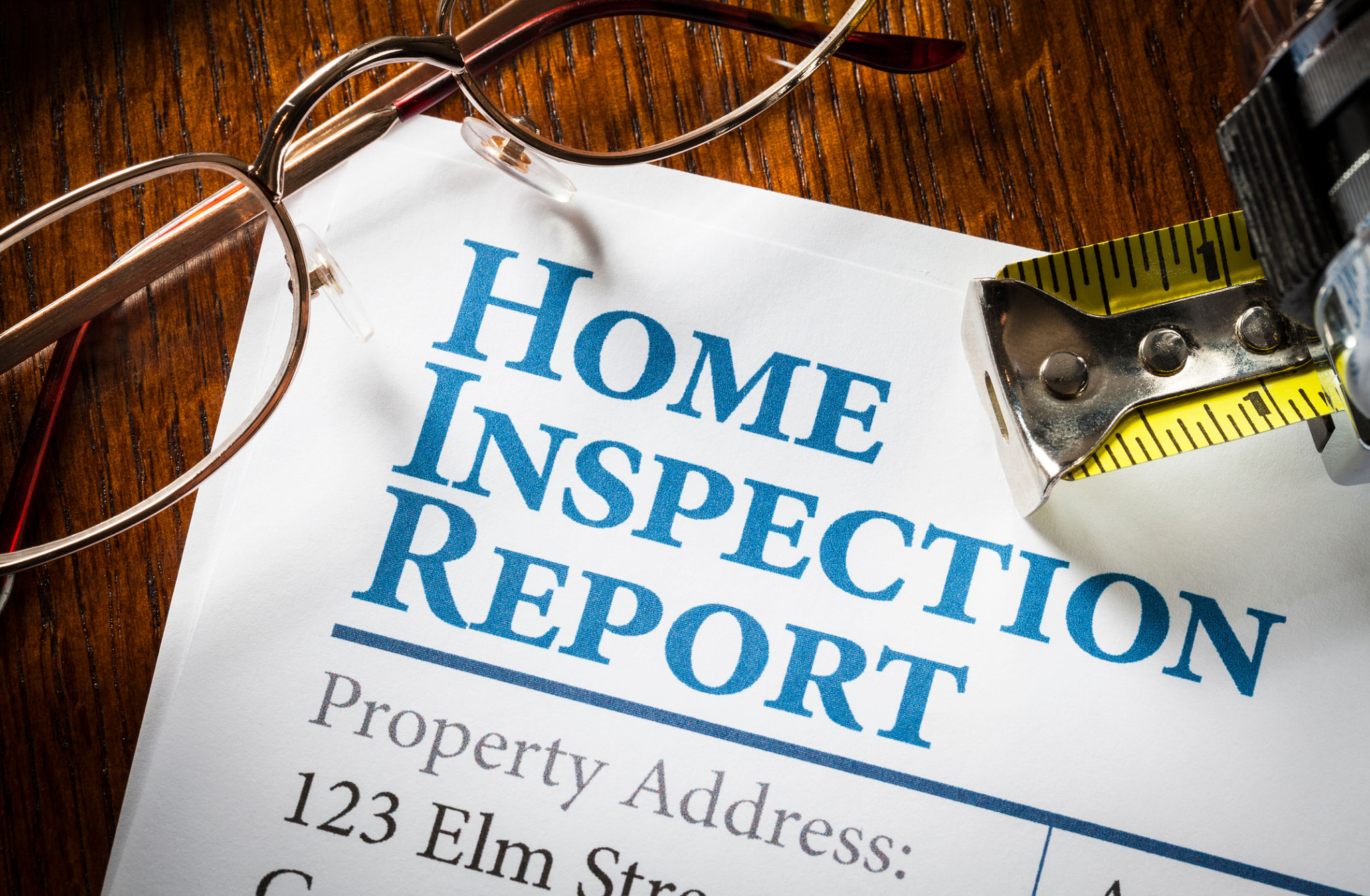Understanding the Home Inspection Process: Insights from Inspectia Casei
Introduction to Home Inspections
Buying a home is one of the most significant investments many people will make in their lifetime. To ensure that this investment is sound, a comprehensive home inspection is crucial. Home inspections provide potential buyers with an in-depth understanding of the property's condition, highlighting any potential issues that may need attention.

What is a Home Inspection?
A home inspection is a thorough examination of a property's structure and systems. Conducted by certified professionals, the inspection covers essential aspects such as the roof, foundation, electrical systems, plumbing, and more. The goal is to identify any existing problems or future concerns that might affect the property's safety and value.
During the inspection, inspectors utilize specialized tools and techniques to assess different parts of the home. This process helps in uncovering hidden problems that might not be visible to the untrained eye.
The Importance of Home Inspections
For homebuyers, a professional inspection can be a deal-breaker or a deal-maker. Identifying issues early on can save buyers from significant expenses in the future. Moreover, it empowers buyers to negotiate better deals or request repairs before finalizing the purchase.

Sellers also benefit from inspections by understanding their property's condition, allowing them to address any problems before listing. This proactive approach can enhance the home's market value and attract more potential buyers.
Key Components of a Home Inspection
Inspectia Casei ensures that each home inspection covers all critical areas. Here's what typically gets inspected:
- Roof and Attic: Checking for leaks, proper ventilation, and condition of shingles or tiles.
- Foundation and Basement: Inspecting for cracks, water damage, and structural integrity.
- Plumbing: Evaluating pipes, fixtures, water heaters, and checking for leaks or corrosion.
- Electrical Systems: Inspecting wiring, panels, outlets, and ensuring safety compliance.
- HVAC Systems: Assessing heating and cooling systems for efficiency and functionality.
Preparing for a Home Inspection
Buyers should be prepared for the inspection process by understanding what to expect. It's advisable to attend the inspection if possible. This presence allows buyers to ask questions and better understand any issues the inspector identifies.

Sellers should ensure that all areas of the home are accessible and clear of obstructions for a thorough evaluation. Additionally, having maintenance records available can assist inspectors in understanding the property's history.
Interpreting the Inspection Report
After the inspection, buyers receive a detailed report outlining the property's condition. This report includes descriptions of issues found, accompanied by photographs and recommendations for necessary repairs or further evaluations.
It's important to carefully review the report and discuss any concerns with your real estate agent or inspector. Understanding which issues are critical can help prioritize repairs or negotiations with the seller.
Conclusion: The Value of Professional Insight
A home inspection is an invaluable step in the home-buying process. It provides clarity and confidence in purchasing decisions by revealing potential risks and maintenance needs. With insights from Inspectia Casei, buyers and sellers can navigate this process with greater assurance and make informed decisions that benefit their long-term investment.
